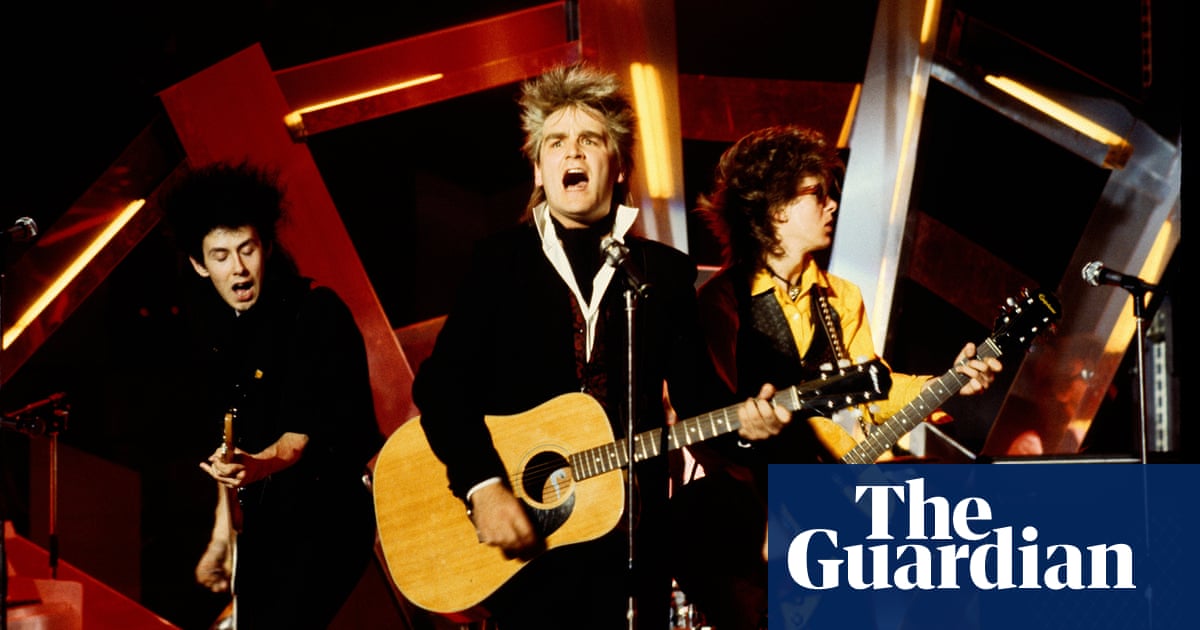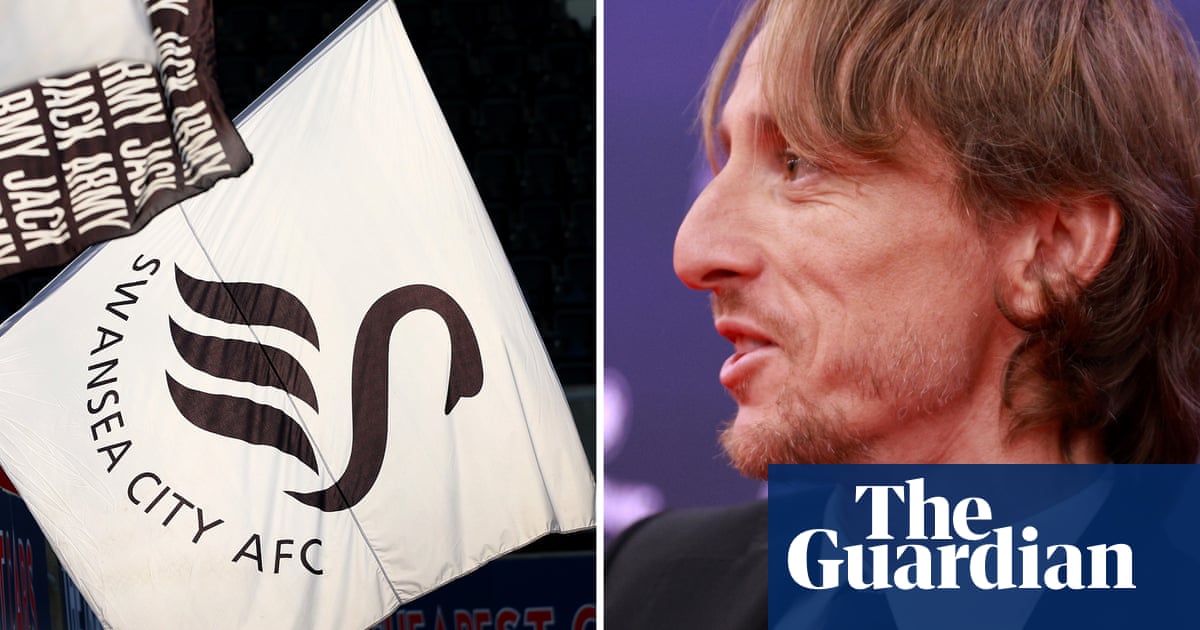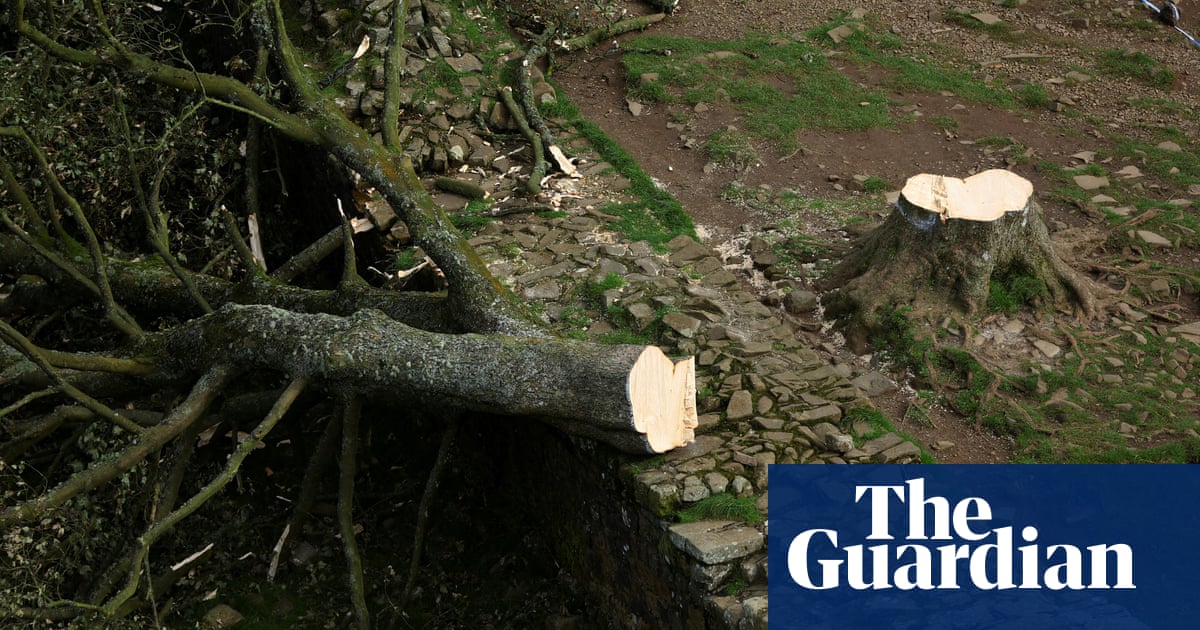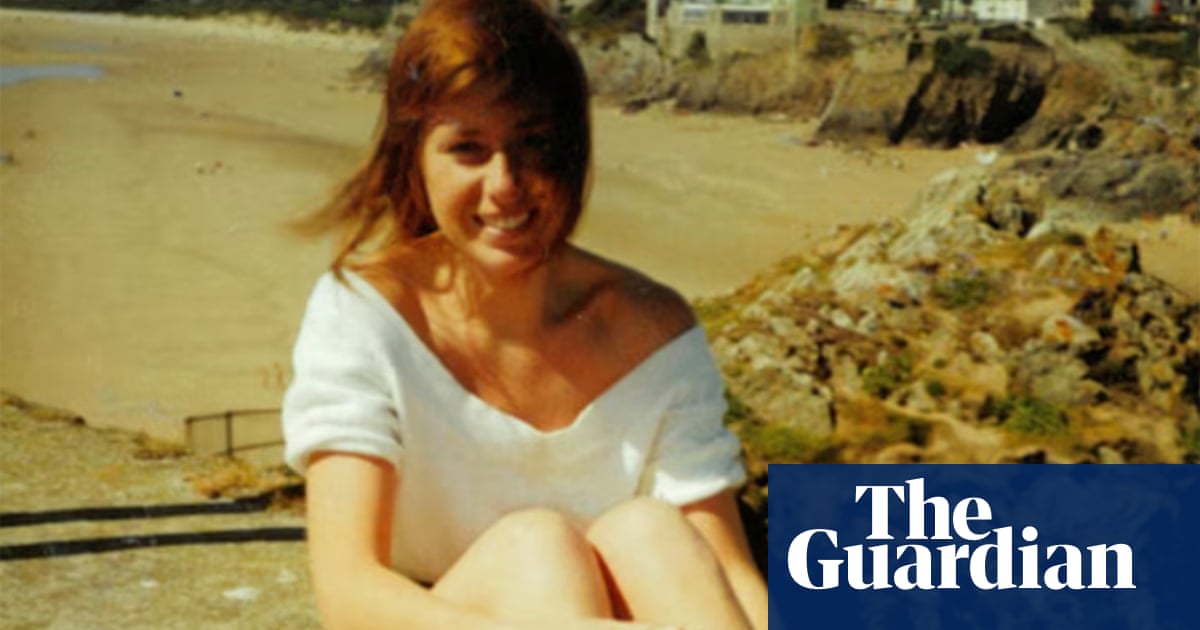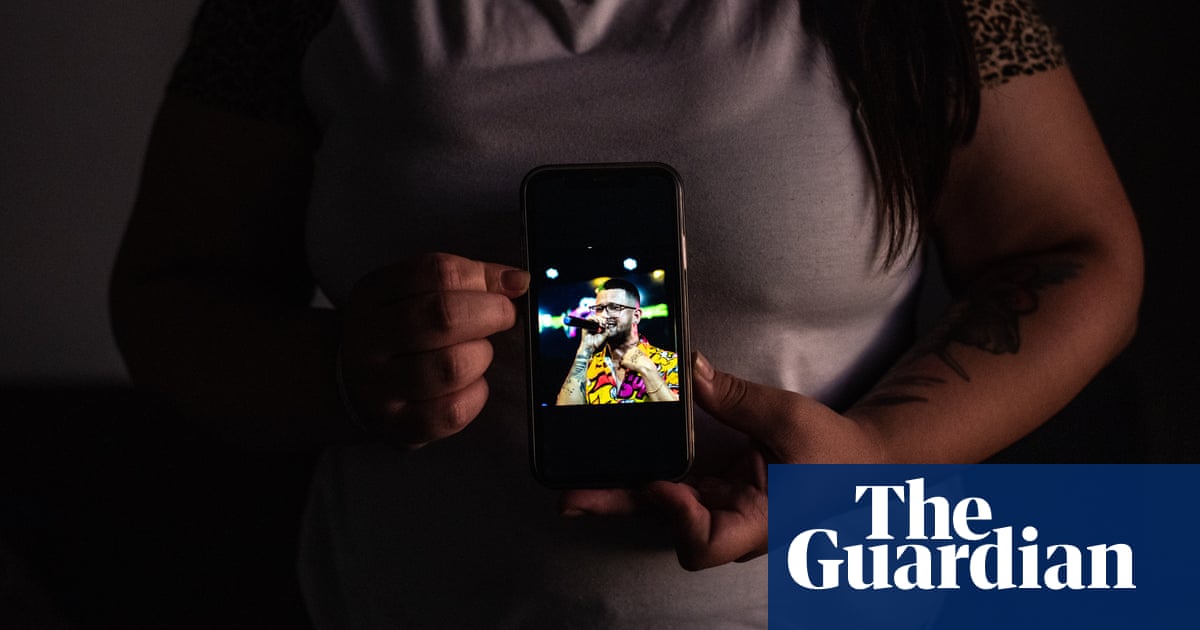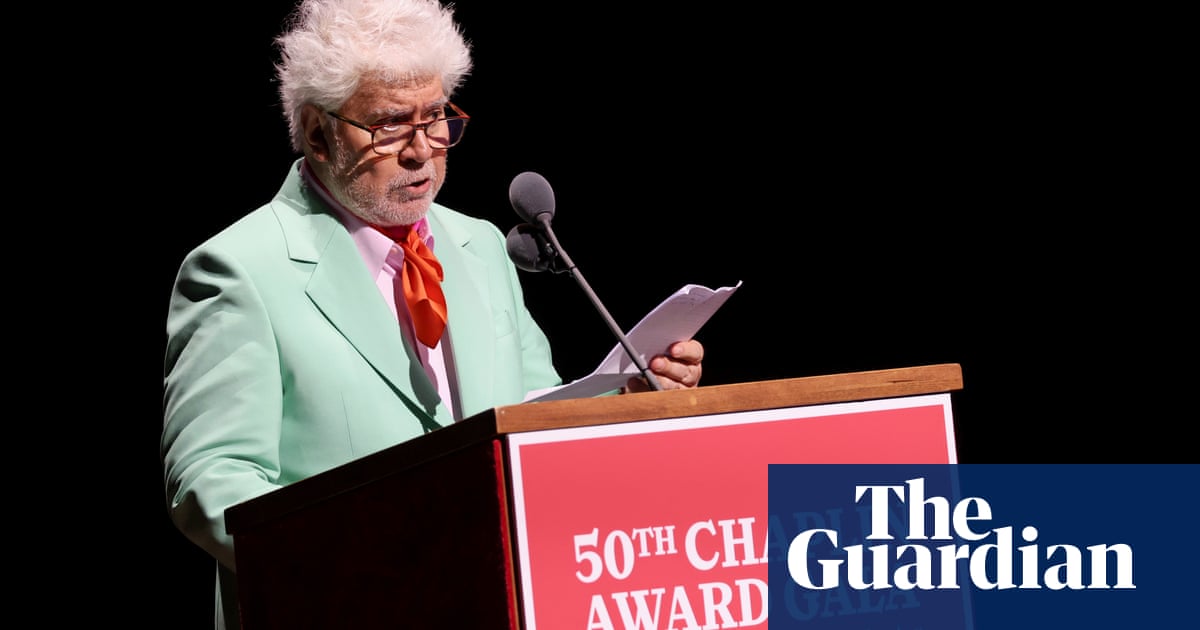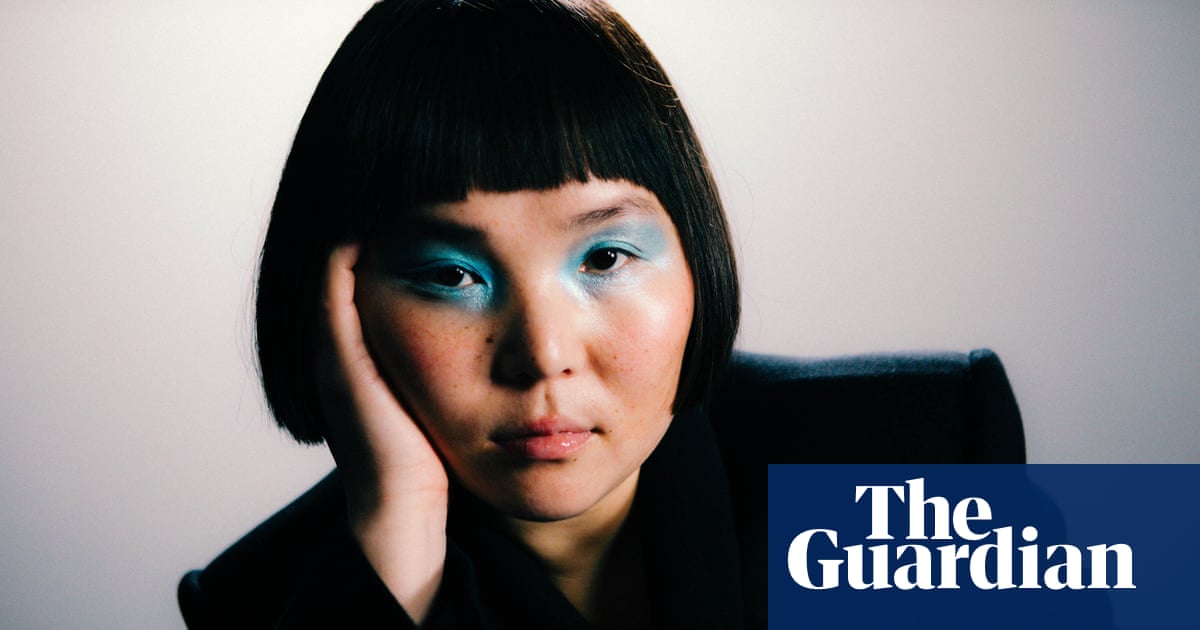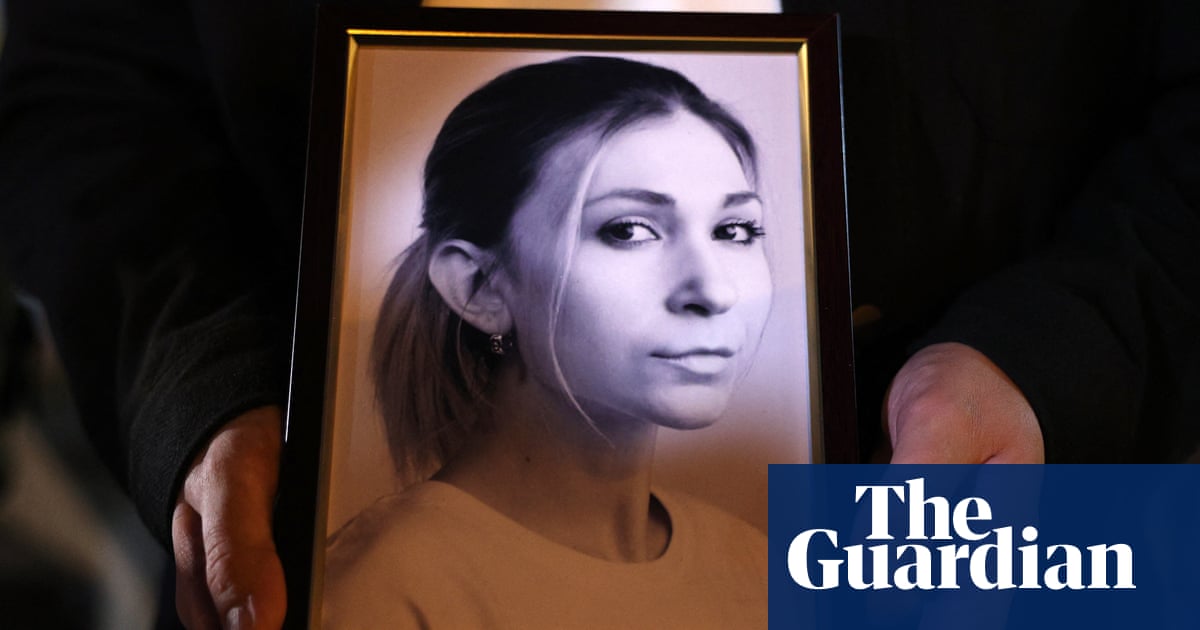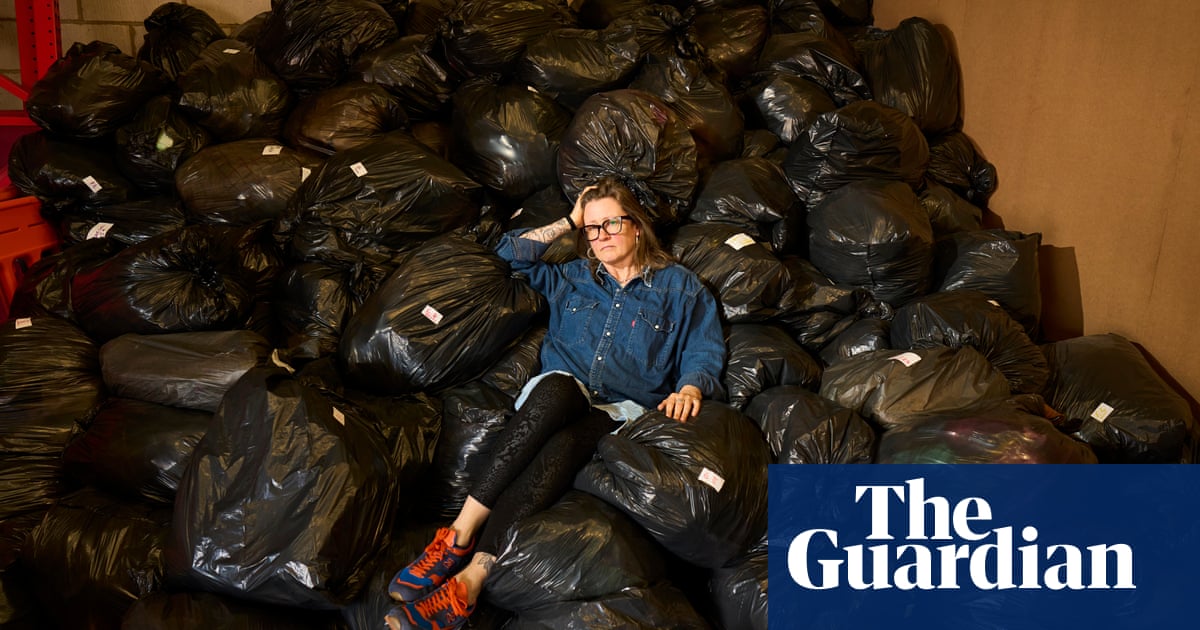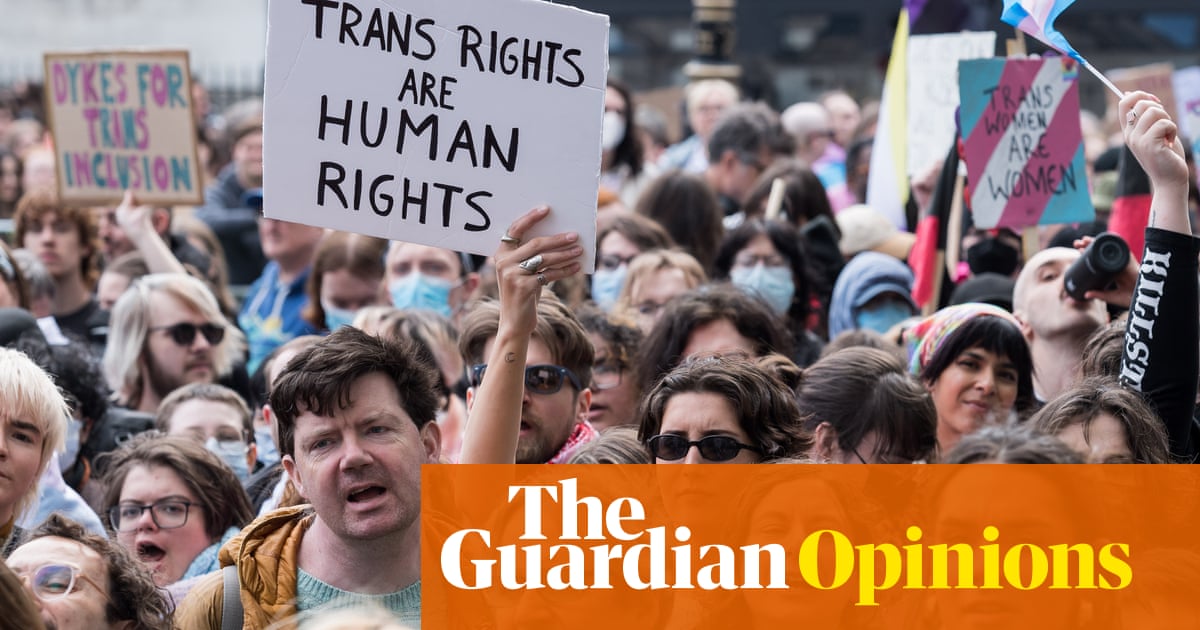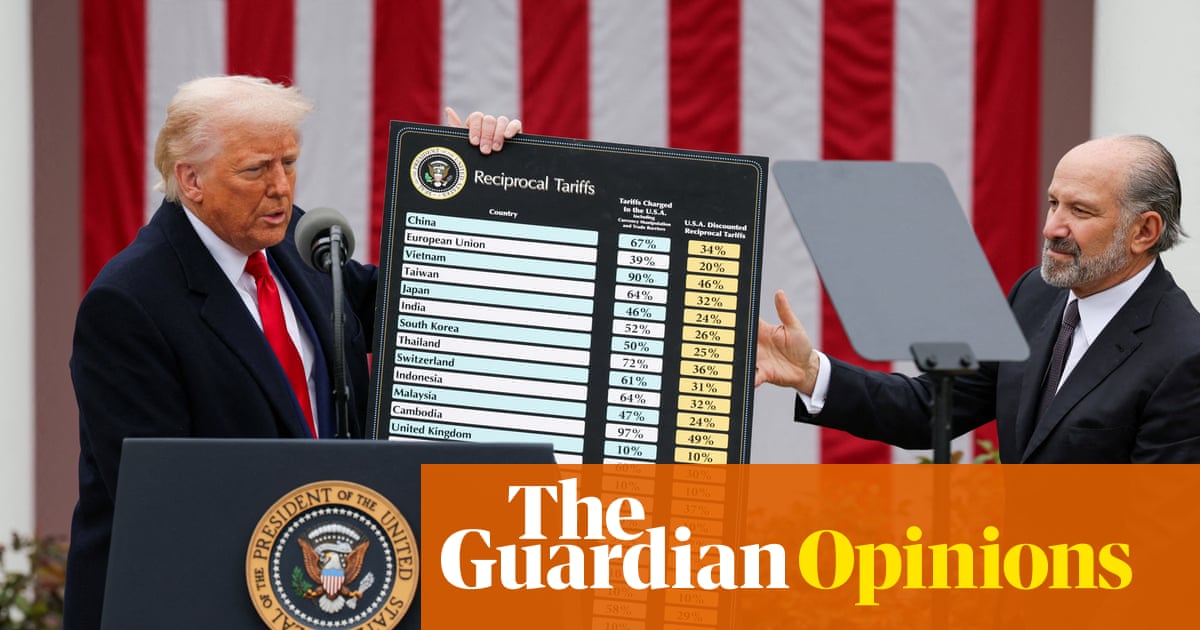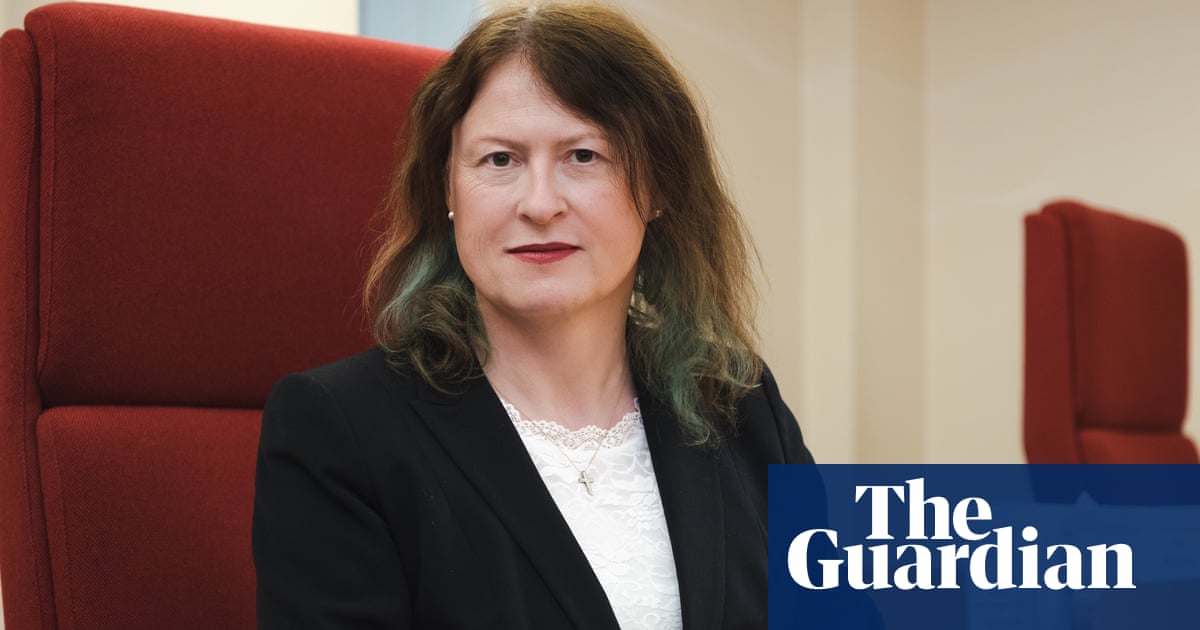Edward St Aubyn’s previous novel, 2021’s Double Blind, was something of a challenge even for his devotees. Leaving aside the usual gripe that he is never quite as compelling without the shield of his authorial alter ego Patrick Melrose, the obsessive nature of the book’s inquiry into bioethics, narcosis, psychotherapy, oncology, venture capitalism and inheritance made too heady a cocktail to be more than sipped, a few pages at a time. I struggled with it until the very last scene, a charity bash where a schizophrenic young man takes his first terrified steps in employment as a waiter and happens upon a woman who, unknown to both, is intimately related to him. Their chance encounter was intensely moving and tautly suspenseful – you felt an immediate longing to know what would befall them.
That longing is now answered in Parallel Lines, which picks up the narrative five years later and reintroduces its cast of interestingly troubled characters. Francis, a botanist pursuing a rewilding project on a Sussex country estate, has now joined an NGO in Ecuador trying to save the Amazonian rainforest. He’s also raising a son with his wife, Olivia, a writer producing a radio series on natural disasters and wondering whether Francis can resist the amorous lures of his philanthropist boss. Olivia’s best friend, Lucy, is in the throes of treatment for a brain tumour, the traumatic reverberations from which have forced her boyfriend – wild man plutocrat and drug fiend Hunter – to seek refuge with “compassion burnout” at an Italian monastery, where he’s hosted by a gentle abbot, Guido.
The central figure of the story, its unlucky star, is Sebastian, dragging himself from under the boulder of a recent breakdown and driven to find the “bio mum” who abandoned him as a boy. That a scary psychotic episode of his dominates the opening pages feels like a risky move on the author’s part. The uninitiated reader will perhaps wonder what the hell is going on – which may be partly the point. The book survives it thanks to St Aubyn’s potent compound of dark wit and flinty compassion, particularly notable in the relationship between Sebastian and his therapist Martin. The latter’s kindliness has coaxed his most fragile patient – an orphan of the storm – towards the possible shelter of sanity (though the meds help, too).
The Bob Dylan song Shelter from the Storm is referenced here, but it is arguably another from the same album, Simple Twist of Fate, that has a more significant bearing on events. Martin is the adoptive father of Olivia and has belatedly realised that she is in fact the long-lost twin of Sebastian: “The trains he had been watching from a high hill, as they moved towards each other along the same track, were about to crumple into each other, as they were always going to.” Via the wrong-headed meddling of their birth mother, this sibling encounter has now come to pass. But is it reconciliation or tragedy that awaits at the end?
I have seldom read a novel that argues more cogently for the hard-won breakthroughs of psychoanalysis. Martin and his wife, Lizzie, are wonderfully sane exponents of a practice that remains susceptible to charlatans and a breeding ground for narcissists. One of the novel’s funniest passages is Lizzie’s long riff on the advisability of “a minimum amount of analysis” for all aspirant world leaders. If George W Bush, for example, had gone on the couch instead of dodging the draft, the second Gulf war might never have happened. Under careful guidance the president might have come to understand that he was in competition with his father, an actual war hero as opposed to W’s wannabe, and could simply have imagined invading Iraq (the “Mission Accomplished” banner was his crowning act of hubris). Considering the present incumbent of the White House, this prescription takes on even greater urgency.
If there is a flaw in St Aubyn’s dramas of consciousness it’s the tendency of his characters all to think and talk in the same register of droll irony. Imagine a game of intellectual catch in which the best and most aphoristic impersonation of Gore Vidal wins. Even Sebastian, the innocent abroad, delights his interlocutors with his manic word association and upside-down logic. At the novel’s grand finale – an exhibition of the work of James Turrell, the American artist known for his investigation of light – our damaged hero accidentally convinces a gallerist that he’s a serious critic and should be commissioned to write a catalogue essay.
From suicide observation room to cutting-edge art installation, Parallel Lines plots quite the journey. Can a young man be saved from the abyss of self-extinction and then face the disconcerting appearance of a family he never knew he had? When brother and sister visit Kenwood House in north London and look at a Rembrandt self-portrait, Olivia observes that the painter’s gaze is “vulnerable but strong”, which seems to encapsulate this novel’s philosophical vision. In a lesser writer the temptations of sentimentality would get the upper hand, but St Aubyn is clear-sighted and humane on the basic requirement of life: “Compassion is just love in the face of suffering and love does not run out with use – it grows stronger.”
after newsletter promotion

.png) 6 hours ago
8
6 hours ago
8
